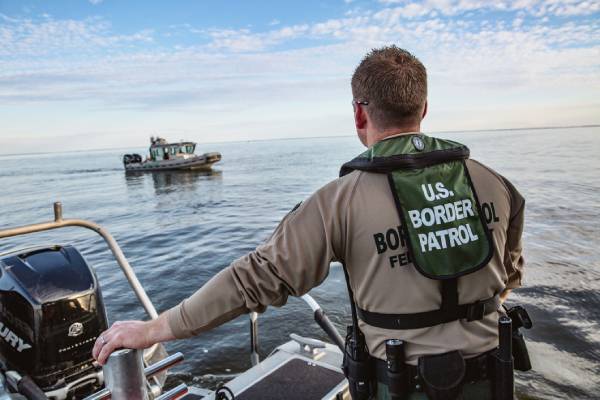
U.S. Customs and Border Protection (CBP) has proposed a new rule to improve the tracking and management of low-value shipments, also known as de minimis shipments. The rule, Entry of Low-Value Shipments (ELVS), would require importers to provide more information about these packages. CBP says this change will make it easier to spot illegal shipments such as counterfeit goods, dangerous drugs, and other contraband.
“Every day, the men and women of CBP interdict goods that threaten the health and safety of Americans as well as the economic vitality of our country,” said Pete R. Flores, CBP’s Senior Official Performing the Duties of the Commissioner. “This proposed rule will help to give us some of the tools we need to address more of these threats.”
CBP currently processes over 4 million low-value shipments into the U.S. daily, but existing rules don’t require much data from importers. This lack of information makes it harder for CBP to identify high-risk shipments, such as those containing illegal drugs or counterfeit goods. The proposed ELVS rule would create a fully electronic process for importers to submit detailed shipment data before goods arrive. This, CBP says, would help officers focus on finding risky shipments more efficiently.
The proposed rule is part of a broader effort by the Biden-Harris Administration to modernize trade rules and improve supply chain security. The public can comment on the proposal for 60 days via the Federal e-Rulemaking Portal.